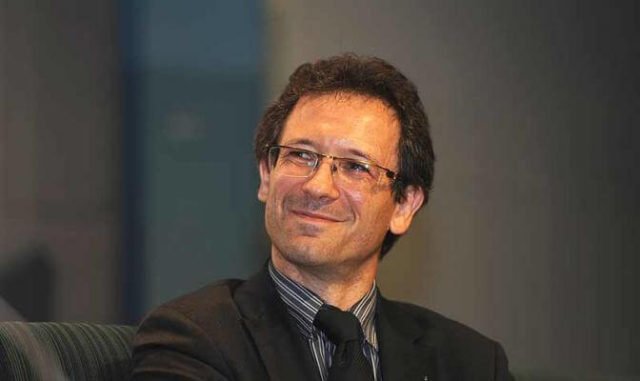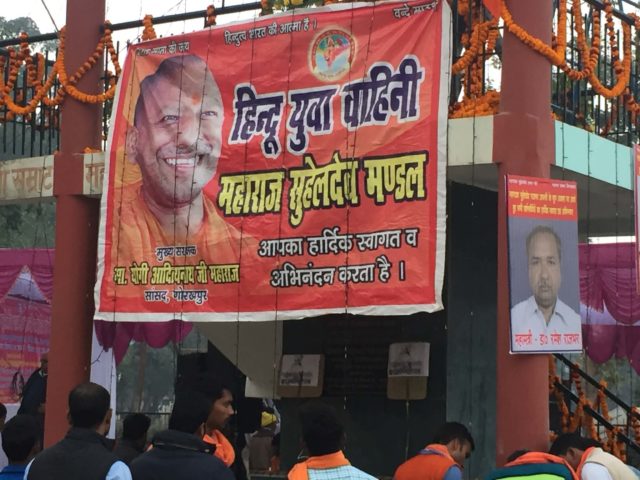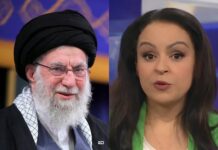By Abhimanyu Chandra
I recently got the opportunity to engage on a wide-ranging, very interesting conversation with eminent Scholar Christophe Jaffrelot on Islamophobia, Hindu nationalism, and Elections 2019.
Christophe Jaffrelot is a Senior Research Fellow at CERI-Sciences Po/CNRS, Paris, Professor of Indian Politics and Sociology at King’s India Institute, London, and Non-resident Scholar at the Carnegie Endowment for International Peace.

So let’s dive straight into Part 1 of this 3-part series:
ON ISLAMOPHOBIA
AC: Professor Jaffrelot, this election in India has witnessed what a lot of people would agree is a lot of anti-Muslim, Islamophobic rhetoric.
My first question is: how much does this have to do with global events and you know what can be called “global Islamophobia”?
When some terrorist event happens abroad which involves Muslims, when Donald Trump says things about Islam and Muslims, does that shape Islamophobia and sentiments towards Muslims here [in India]?
CJ: Well it may reinforce this sentiment, but this process started in India many years ago. You can hark back to the ’80s. After the Shah Bano affair, the Satanic Verses controversy and the beginning of the Ayodhya movement.
It’s not as if it is an import.
There is an Indian version of this phenomenon that precedes what we’ve seen in some parts of the rest of the world, but of course, what we’ve seen in the rest of the world reinforces it and reinforces it in two ways.
First, yes, Islamism is a transnational force and therefore this threat is not only in India but across the globe.
Second, it there is hardly any country prepared to put pressure on India for protecting Muslims because their public opinions are often themselves indulging in Islamophobia.

Read More: What Made Maneka Gandhi Ditch Congress For BJP?
AC: Is it fair to say that Islamophobia has become mainstream in India?
CJ: You can say so in the sense that it has become part of the common discourse. The kind of inhibitions you could still see in the 2000s have gone.
The idea that Muslims are a problem is a commonplace assumption.
Not only because of the Islamist terrorist attacks of the 2000s, but because of the Hindu nationalist claim that “if all Muslims are not terrorists, all terrorists are Muslims”.
This is where the bias of some TV channels has made the most damaging impact, like Fox News in the US.
Disinformation amounts to propaganda when journalists are unprofessional and bow to their masters.
Stay connected to catch Part 2 of this series on the debate over ‘Hindu Terror’ and allegations of ‘Muslim Appeasement’.
This transcript has been edited and condensed for clarity.
Author Bio: The interviews are entirely conceptualised and conducted by Abhimanyu Chandra, who is a Ph.D. student at the University of Chicago.
Feature Image Credits: The McGill Daily
Other Recommendations:
If Terrorism Has No Religion, Then Why Are Secular Parties Calling It ‘Hindu Terrorism’

































